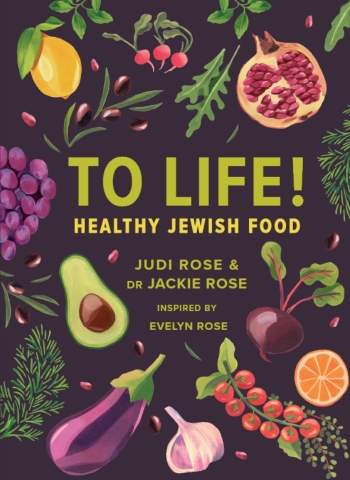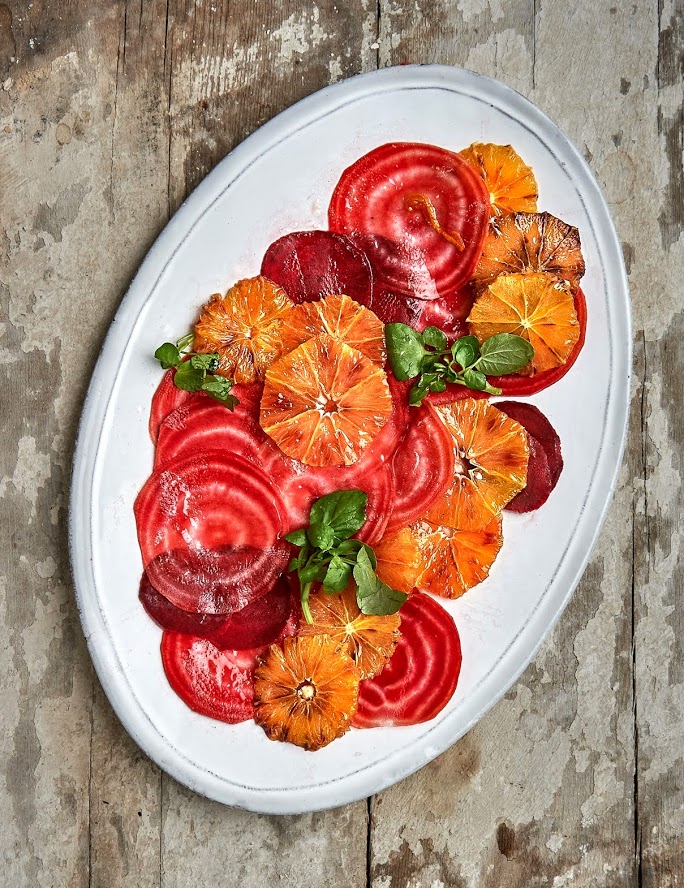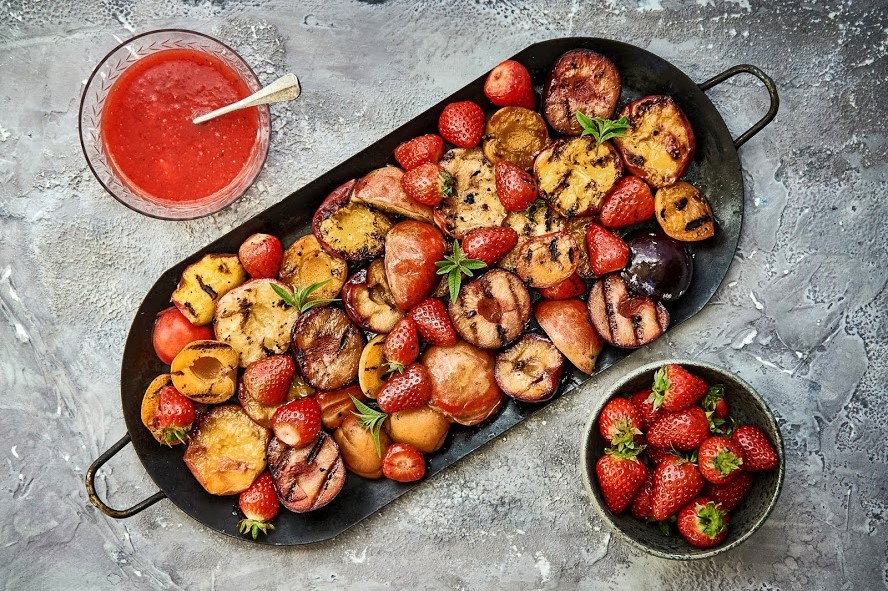
Prfofessor Philip Calder, Nutrients 2020,12,1181
A healthy diet can't prevent a person from catching Covid-19. Only social distancing and wearing of PPE can do this.
However, the right balance of nutrients in the diet can improve the chance of a milder form of the infection.
Calm Down Inflammation
Any foods which help to reduce chronic inflammation in the body can make a difference.
To Life! - Chapter on Inflammation and IBD explains this in detail.
With inflammation it seems that the immune system is worn out or overworked and no longer at peak performance.
Vitamins A Through to E
You should concentrate on vitamins A, C, D and E.
Vitamin A is easily topped up by eating yellow or orange foods, including carrots, citrus fruits, apricots and the most potent source is liver.
Try our recipe for
Vitamin C is readily available in most fruits, especially apples, oranges and kiwi. Peas are fabulous too.
Our
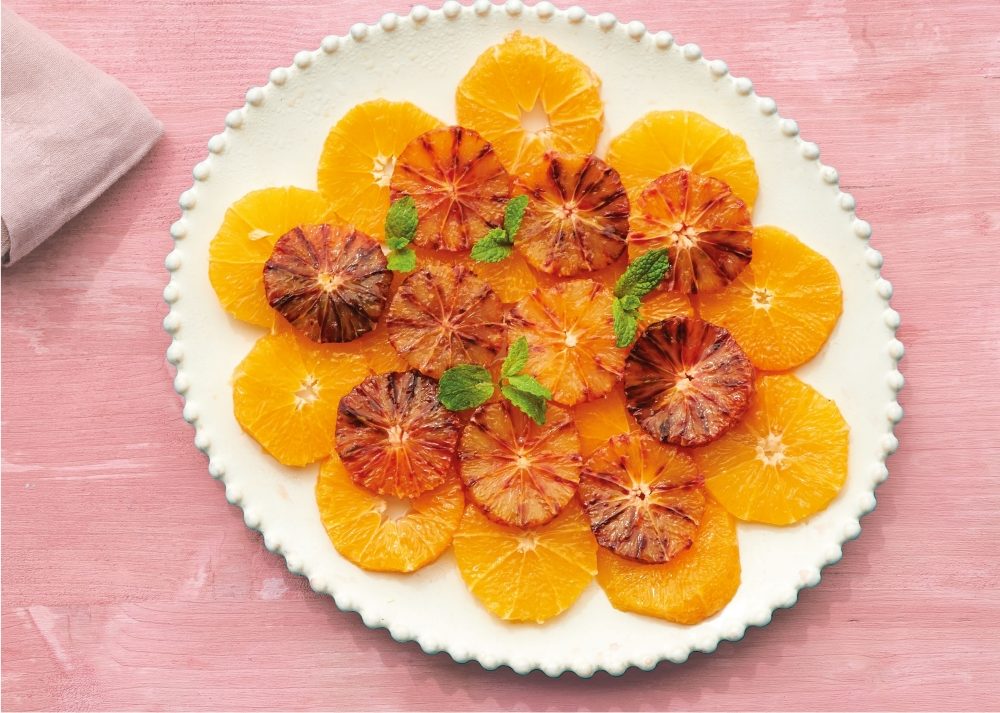
Vitamin D is the sunshine vitamin, so the best way to get more vitamin D is to get out of doors, but otherwise try to eat eggs regularly and/or oily fish.
Try our
(If you don’t often have the chance to get out of doors, consider a vitamin D supplement.)
Vitamin E is simple to get through your diet because it’s present in nuts, seeds, oils and avocados.
Try our
Boost Your B Vitamins
B vitamins are also important for immunity and these are plentiful in wholegrains, pulses, legumes and green leafy vegetables.
Our
The King of Vegetables
Cruciferous vegetables, which have cross-shaped flowers, have great powers for reducing inflammation and also may help to protect against cancer.
These include cabbage (sometimes known as the ‘king’ of vegetables) its ‘cousin’ kale, cauliflower, broccoli, rocket, radishes and mustard.
Kale can be bitter, but if you remove the hard stems and paint or spray with a little extra virgin olive oil and then roast for about 10 minutes, then sprinkle with a little sesame oil, you can make kale crisps, which are nothing loke potato crisps but are delicious served as an appetiser or with a salad.
Our
Snack on Nuts
Key minerals to help your immune system include iron, zinc and selenium.
Nuts and seeds are a wonderful and delicious source of multiple minerals, especially brazil nuts.
Eggs are also a great way to provide zinc and selenium.
Sprinkle our
Root ginger is also high in zinc and is anti-inflammatory, so thinly slice it and add it to your cooking or infuse it in green tea with lemon.
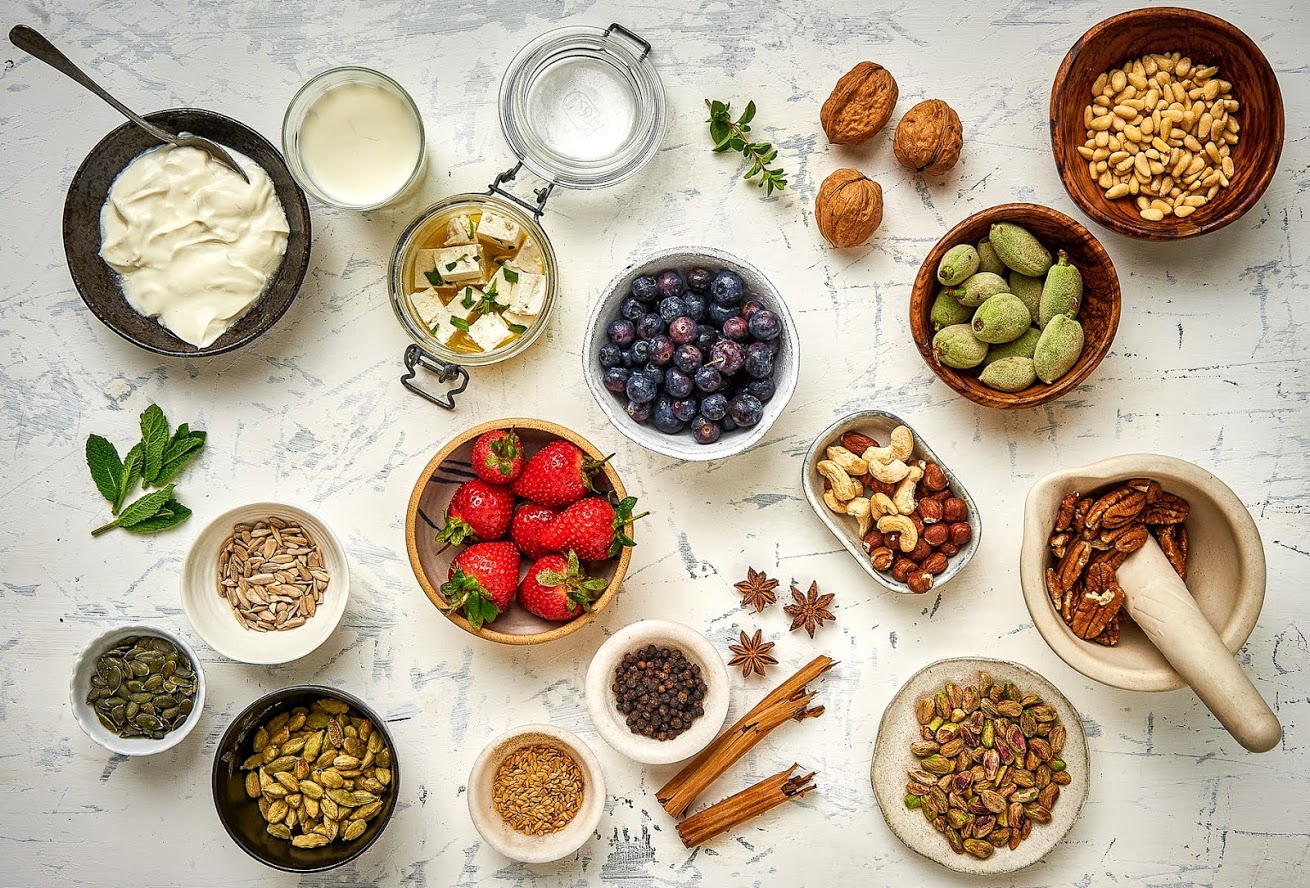
Count on Omega-3
Omega-3, found in oily fish, such as salmon, tuna, mackerel, herring and sardines is a valuable anti-inflammatory. Vegans can find omega-3 in chia seeds, flax seeds and walnuts etc. but algae oil supplements are more efficient. New research suggests that omega-3 may have a role in prevention of the ‘cytokine storm’ where the immune system goes into overdrive in the latter stages of a coronavirus infection.
Try our beautiful
Herbs, Spices and Salad Dressings
Our book explains that fresh herbs and spices can aid digestion, fight inflammation and be wonderful sources of antioxidants.
Homemade unsweetened salad dressings, made with healthy fats such as extra virgin olive oil, are also high in antioxidants and help absorb the vitamins in vegetables and salad greens.
Also, some herbs and spices have been used for thousands of years to treat inflammation. These include turmeric, cumin, ginger, horseradish, thyme and rosemary.
Garlic also has a special role as it acts as an antioxidant and has a reputation for reducing the risk of virus infections.
Ditch the Sugar
Sugar and white carbohydrates can cause inflammation.
We say that: cutting down on sugar is perhaps the biggest step towards a healthier diet.
The desserts in To Life! are fruit-based and all have low or no added sugar.
We offer you many ways to reduce the sugar in your diet including making your own sauces, syrups and dressings or giving children raisins, berries, cherry tomatoes or pieces of fruit instead of sweets.
Also, substitute fresh fruit for dessert whenever possible.
Our
Don’t Have a ‘Bread-Based Diet’
Starchy carbohydrates like bread, pasta, rice and potatoes are all broken down into glucose, raising the blood sugar.
When your sugar levels go up, insulin levels follow.
Too much insulin on a regular basis may increase the number of receptors on our cells which allow the virus entry.
Some people have a ‘bread-based diet’ starting the day with toast, then often sandwiches for lunch and finally maybe even pizza or pasta for supper.
This is a quick route to developing diabetes.
A good strategy is to heap up the protein and vegetables on your plate and leave only a small space for carbs.
Egg-based meals such as
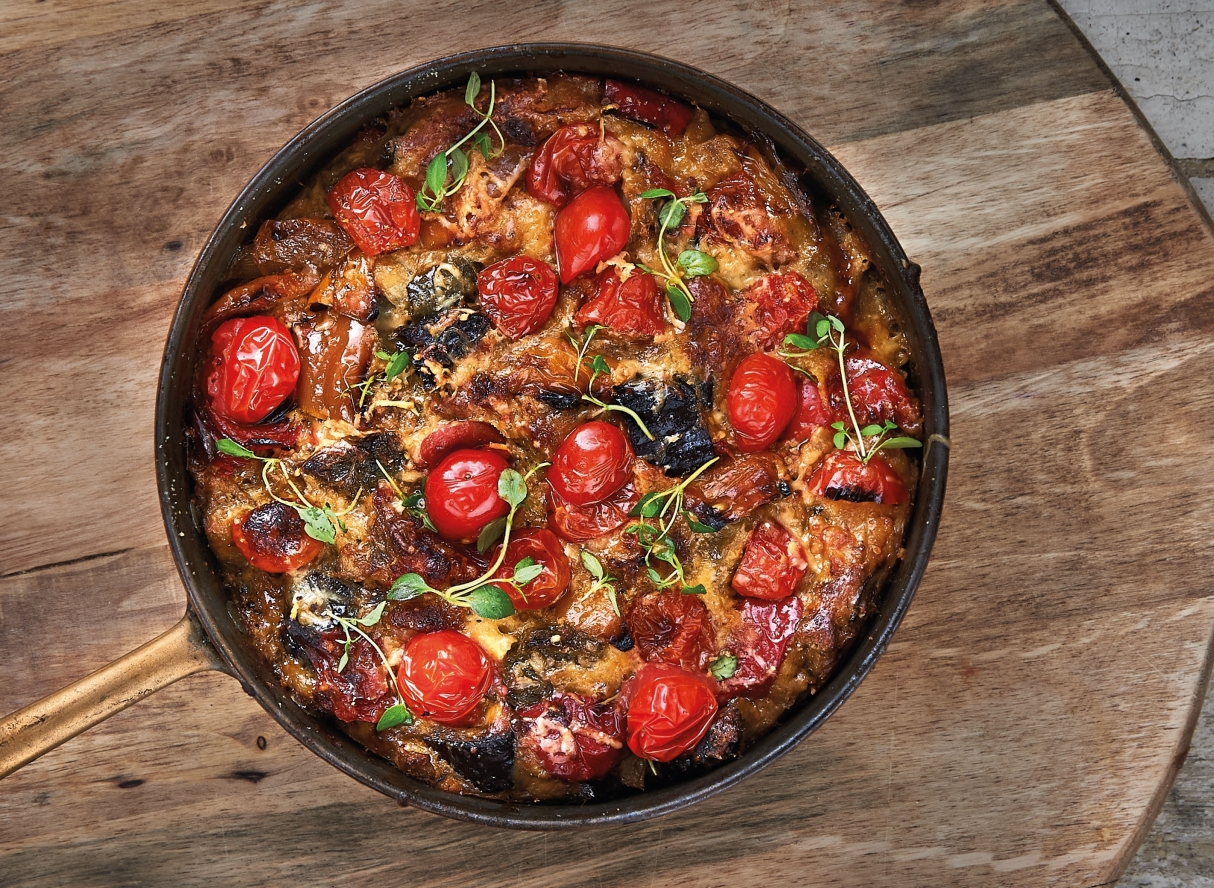 Feed Your Good Gut Bacteria
Feed Your Good Gut BacteriaThe bacteria which live in harmony with us in our intestines (known as our microbiome) have a special role in our immune system.
Prebiotics are forms of fibre which feed our gut bacteria, while probiotics are available in fermented foods, adding to the numbers of beneficial bacteria.
Our
A simple choice is our
To Sum Up
A wholefood Mediterranean-based diet, with minimal sugar and reduced carbohydrates should help to improve your response if exposed to the coronavirus.
Eating fresh home-cooked food is far better than having processed or fast foods.
In addition to this advice it is important to stay hydrated and to exercise regularly.
Judi and Jackie hope you stay safe and well.
